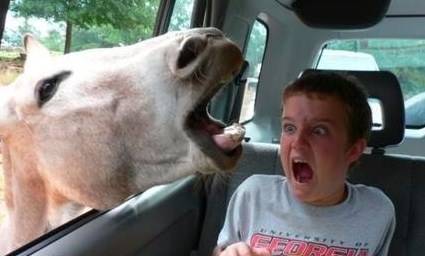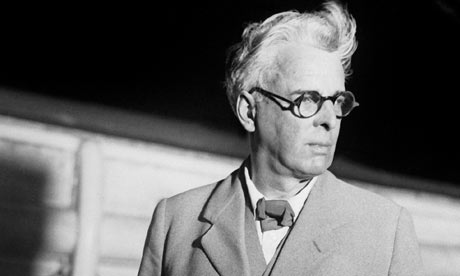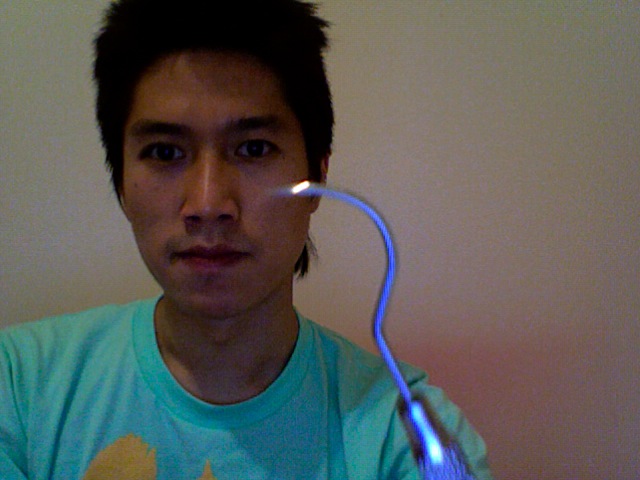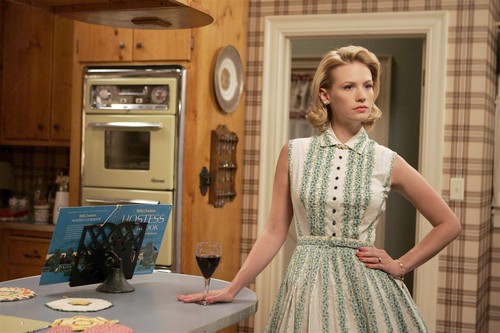The 7th issue of the Wag’s Revue is now online, & includes a new interview with Gary Lutz by Dylan Nice: “I have too a hard time picturing anyone ever turning the pages of one of my books to worry about what that person might make of having ended up in the privacy of my paragraphs, though my heart no doubt goes out all the same.” It also contains new work by Jen Percy and an interview with Paul Harding, as well as a compelling “frenetic examination of self-loathing in the online era” by Mitch Salm.
Yesterday the 20 nominees for the National Book Award were announced. 13 of them were women and none of them were Jonathan Franzen. All bets are off!
Geography Thursdays #3: Bill Rankin’s Radical Cartography
Bill Rankin’s maps are not only representations of physical landscapes. They also attempt to explain how people live in the places they live, and the social and political implications of what his maps show is difficult to dodge. The maps are confrontational. They uncover the everyday things that our individual geographic habits might hide from us. To see more of Rankin’s maps, click here.
The map above is part of Rankin’s WIMBY v. NIMBY series, which he describes like so:
Another take on the fragmented racial landscape of American urbanism, inspired a bit by Debord’s classic cut-up psychogeographical maps of Paris. Segregation creates cities-within-cities, islands and seas of inclusion and exclusion.
All maps show the same portion of greater New York — an area about 40 miles square, centered on Manhattan.
Compared to other American cities, however, New York does have many areas of genuine diversity, where the well-armed not-in-my-backyarders compete with the fiesty and loosely organized welcome-into-my-backyard brigade. The battle of the NIMBYs and the WIMBYs continues apace.
Note: “Diversity” here indicates the chance that two randomly chosen residents will be of different races or ethnicities — i.e., the Gibbs/Martin/Blau index of diversity. All data from the 2000 U.S. Census.
“But the days arched over us and kept us typical to our era.” – Gary Lutz
LIGHT IS WAITING from Michael Robinson on Vimeo.
quote-o-the-day

When my horse is running good, I don’t stop to give him sugar.
What does Faulkner mean? Does it mean he loved horses and put them everywhere in his work? Or maybe it means your writer and your editor should be far away, divorced, like badly divorced (is there another way?)—like not even in the same city anymore. Writer is writing, editor don’t come around with sugar cubes, don’t come around at all, until later, when the draft is in the stable, then bust out the brush, mane conditioner, and oats. Like maybe you should wait an hour, a day, or maybe even just a dinner before you go and look at a fresh draft…Or, maybe that is not what is meant at all. Maybe Faulkner is saying the working writer doesn’t need sugar, ever. Write to write. Maybe most working writers should be like Woody Allen, a man who has never seen–outside of the editing room–any of his own films. Let’s forget the sugar. When you are “running good” don’t fuck with it, period. Don’t make coffee, don’t surf the net. Don’t even feel excited (a form of sugar). Just run. Run, run, run, until it’s not so good. Maybe?
Yeats + Some n+(x) Iterations of Yeats

Apprentice Oulipian
A Coat
I made my song a coat
Covered with embroideries
Out of old mythologies
From heel to throat;
But the fools caught it,
Wore it in the world’s eye
As though they’d wrought it.
Song, let them take it
For there’s more enterprise
In walking naked.
A Coating
I made my songbird a coating
Covered with embryos
Out of old nags
From heifer to thrombosis;
But the feet caught it,
Wore it in the world’s eyeball
As though they’d wrought it.
Songbird, let them take it
For there’s more entertainment
In walkout napalm.
An Interview with Birds, LLC
 The editors of Birds, LLC were kind enough to answer a few questions this summer about their unconventional editorial process and what went into Trees.
The editors of Birds, LLC were kind enough to answer a few questions this summer about their unconventional editorial process and what went into Trees.
Joe Hall: How is Birds, LLC’s editorial process different than that of other independent presses? & what made you want to foreground the editorial process?
Dan Boehl: The way we approached the editorial process was to say, “Let’s be awesome and do dope shit.” We knew that Chris and Elisa had great manuscripts, but they are not getting published anywhere. Once we decided on the authors, we looked at the manuscripts and decided to make them be awesome. It took a lot of work. Each manuscript was assigned an editor. Justin for Chris, and Sam for Elisa. After the assignments, all the Birds editors read both manuscripts and gave feedback. Then a new manuscript was created by the poet/editor combo, and we repeated the process.
Chris Tonelli: i think we’re just kind of old fashioned. we want to spend a lot of time with the author and designer to help make that happen. each book is assigned a lead editor based on a variety of things, and he and the author, with feed back from the other four editors, work up new versions until everyone is satisfied. same with the design…the editors and designer work up versions to show the author and make changes as necessary. nothing fancy. but with so many friends unhappy with how their presses have edited, designed, and promoted their books, it does seem kind of novel…with a few exceptions.
October 13th, 2010 / 2:27 pm
What do you think are the 5 top online magazines, based on content, prestige, and design?
Long Ass Interview with Tao Lin part 2 of 2

[Hi, this is Stephen Tully Dierks. I interviewed Tao Lin re his second novel, Richard Yates. This is part two of the interview. You can read the first part here.]
Are there any other artists with whom you’d like to collaborate, either directly or indirectly?
I would like to draw the album art for any band that I like. I would like to be the cover artist for an issue of McSweeney’s or Best American Non-Required Reading.
I think I feel like not collaborating on writing things at this point, unless it is a letters-type thing, like hikikomori with Ellen Kennedy.
Haley Joel Osment states in the book that Nobel Prize winners used to be depressed existentialists and now they are sociologists. Could you expound on this idea?
I think he was being sarcastic to a large degree. He maybe had some vague idea that people like Camus, Hermann Hesse, Sartre used to win the Nobel Prize and that there has been some kind of change, and that different kinds of writers now win the Nobel Prize, ones focused more on how people are like within a culture or a society, rather than within the universe, maybe, in that the “write-ups” about them seem, to Haley Joel Osment, to always mostly focus on their political or gender-issue or cultural themes (Haley Joel Osment assumes, though, that that’s just the journalists “doing their thing” and not an accurate portrayal of the writers; for example many articles connect Kafka to Prague rather than to “existential issues” or something).
Who do you think Haley Joel Osment would say is his favorite Nobel Prize winner for literature?
Maybe Knut Hamsun.
By what writer do you feel most interested in reading a review of Richard Yates for what venue?
Maybe a 5000-word review by Dennis Cooper that is somehow in New York Times Magazine (don’t think they publish reviews).
October 13th, 2010 / 10:57 am
Irrational Hatred of Characters
Back in Season 1, back when Betty Draper was sadly profound and profoundly sad, she said: “I know people say life goes on, and it does, and no one tells you that’s not a good thing. Why is that?” I loved this Betty. I empathized with her sadness. Plus, she’s a babe.
But Betty Draper, now Betty Francis, has become a completely odious character. When did this happen? Do you hate Betty?


